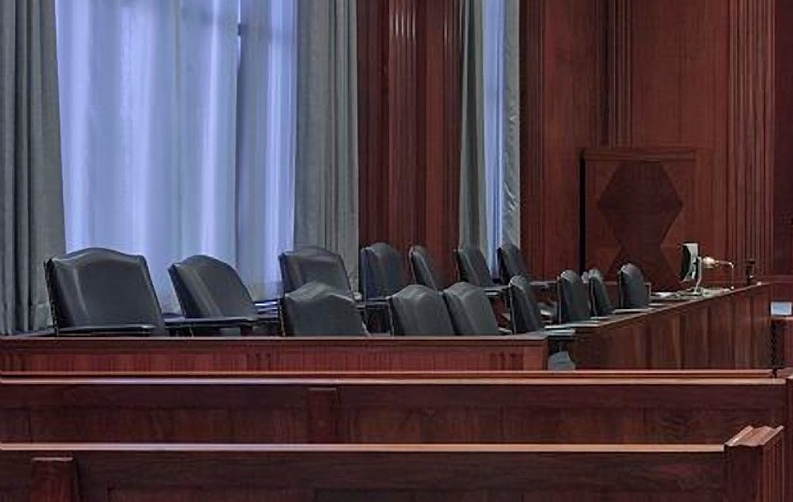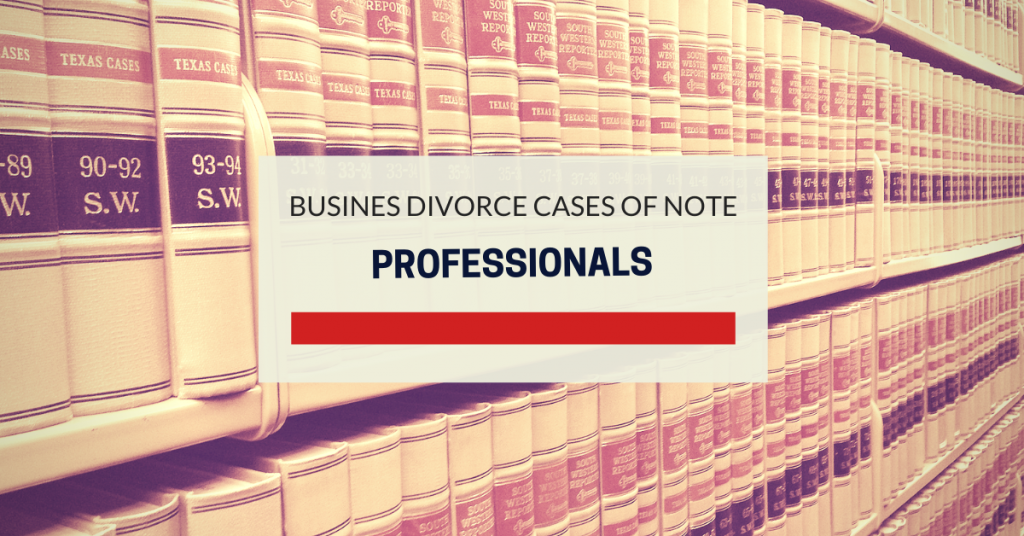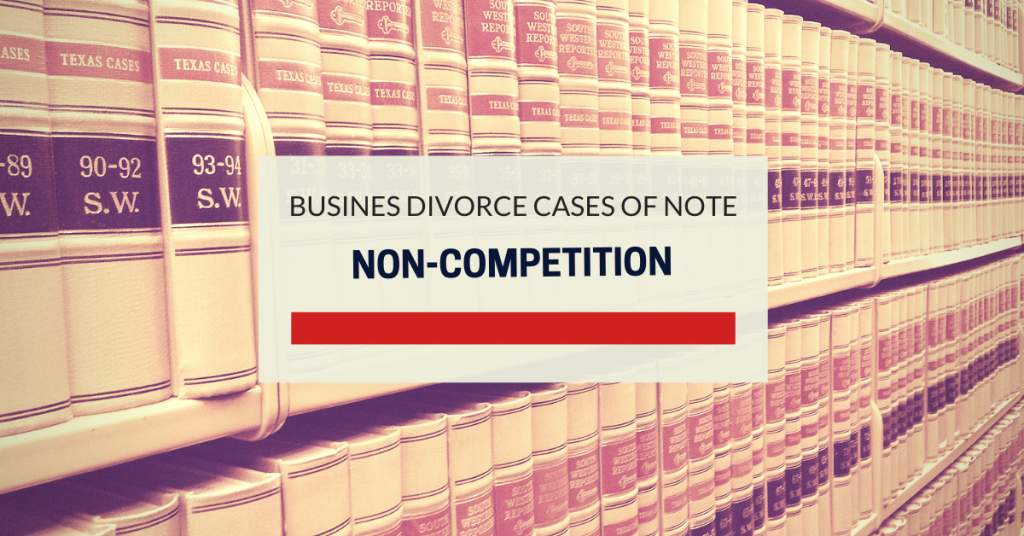-
Restrictive covenants preventing competition by former employers are enforceable only to the extent that they are reasonable under New Jersey law.
-
Lawyers and psychologists are exceptions to the general rule, however, because both are subject to disciplinary rules that prohibit restrictions against competition.
-
Courts have recognized that the personal relationship and confidentiality that exist between a lawyer or psychologist and their clients are such that a restriction on competition is appropriate.
-
Physicians continue to be subject to restrictions on competition that protect a legitimate interest and that do not impose unreasonable restrictions on the party subject to the agreement.
In the world of business divorce, one of the key issues is the existence or absence of restrictive covenants that prohibit competition from former shareholders, partners, members or employees. It affects the value of a business – particularly professional and sales-driven businesses – because restrictive covenants generally protect the good will of the enterprise.
There are only two classes of professionals for whom restrictions on competition are always unenforceable. These are lawyers and psychologists, not because of  any specific distinction between them and other deeply personal relationships, but because the professions are subject to unique restrictions. Attorneys are prohibited from restricting competition by the Rules of Professional Conduct that govern lawyers. Psychologists are subject to an administrative regulation that have the same effect.
any specific distinction between them and other deeply personal relationships, but because the professions are subject to unique restrictions. Attorneys are prohibited from restricting competition by the Rules of Professional Conduct that govern lawyers. Psychologists are subject to an administrative regulation that have the same effect.
Restrictions on Competition Barred by Regulation
In a 2005 decision, the New Jersey Appellate Division distinguished between physicians, who are subject to “reasonable” restrictions on competition, from those imposed on psychologists.
There are also two classes of restrictive covenants to consider. The are those restrictive covenants in which there has been some purchase of good will, which courts will distinguish from a traditional employment business. Enforcing a restrictive covenant against a party that has sold a business, for example, is going to be quite different from enforcing a restrictive covenant against
When there is no contractual limation to restrict the key players from competing, or when restrictive covenants are unenforceable, the value of the good will in the business is typically diminished. Consider the rainmaker who leaves a law firm with his or her large book of business. All of the good will tied up in those relationships is portable, and any valuation of the firm has to consider the loss of those clients and so much of the reputation of the firm that was tied to the departing attorney. Continue reading
 The Business Divorce Law Report
The Business Divorce Law Report




 The trial court construed Louros agreements with United that and restricted him from:“[e]ngag[ing] in or participat[ing] in any activity that competes, directly or indirectly, with any Company activity, product, or service that [Louro] engaged in, participated in, or had Confidential Information about during [Louro’s] last 36 months of employment with the Company” or assist anyone in any of those activities for one year after Louro’s termination of employment.”
The trial court construed Louros agreements with United that and restricted him from:“[e]ngag[ing] in or participat[ing] in any activity that competes, directly or indirectly, with any Company activity, product, or service that [Louro] engaged in, participated in, or had Confidential Information about during [Louro’s] last 36 months of employment with the Company” or assist anyone in any of those activities for one year after Louro’s termination of employment.” 
 deceased account. Here is what happened in
deceased account. Here is what happened in  any specific distinction between them and other deeply personal relationships, but because the professions are subject to unique restrictions. Attorneys are prohibited from restricting competition by the Rules of Professional Conduct that govern lawyers. Psychologists are subject to an administrative regulation that have the same effect.
any specific distinction between them and other deeply personal relationships, but because the professions are subject to unique restrictions. Attorneys are prohibited from restricting competition by the Rules of Professional Conduct that govern lawyers. Psychologists are subject to an administrative regulation that have the same effect.

 and threatens to draw off the time and attention of key managers.
and threatens to draw off the time and attention of key managers.